What is customer relationship management (CRM)?
We look at the significance and benefits of CRM software and how it shapes interactions with customers
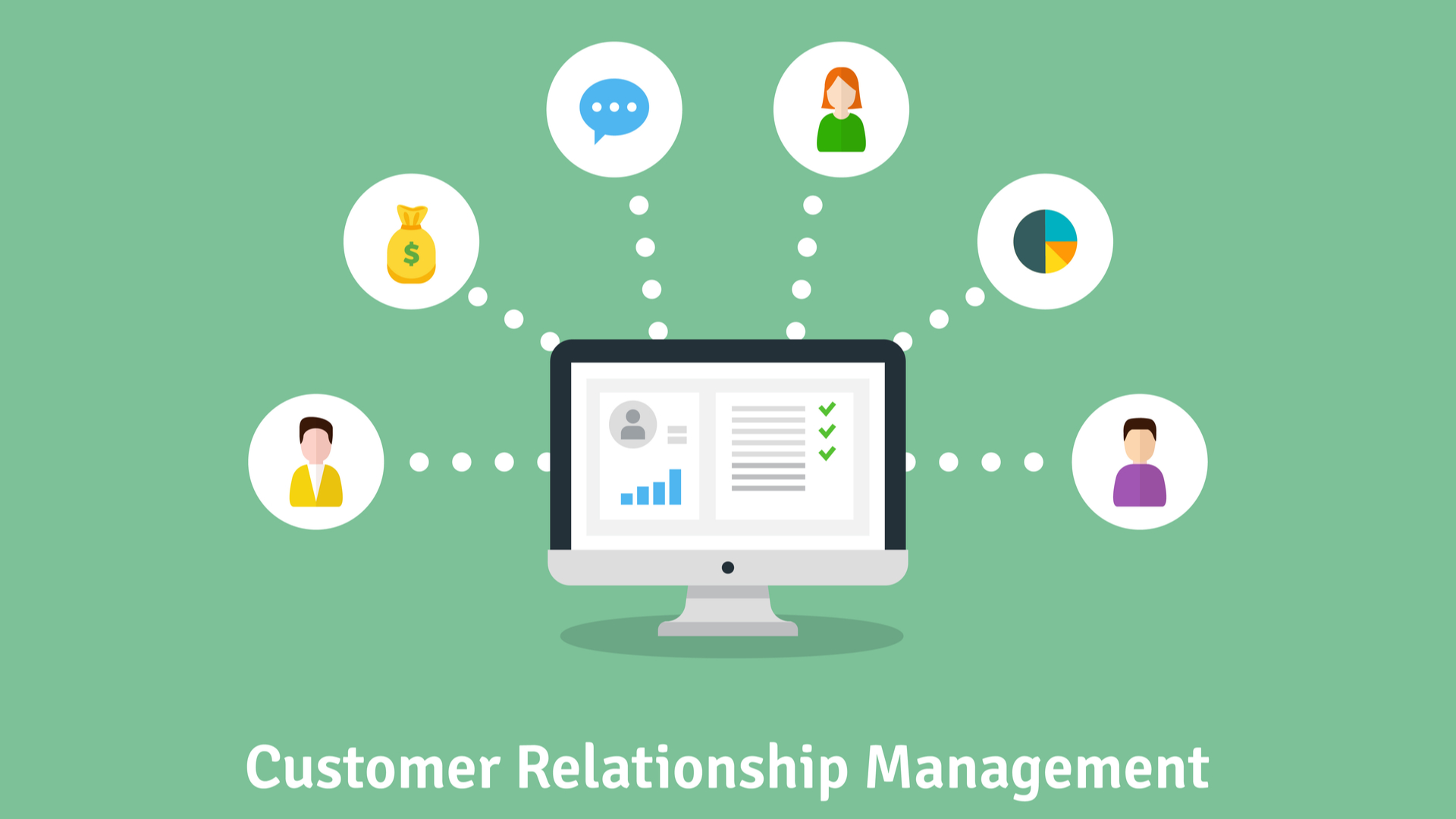
For the modern enterprise, there are few apps as heavily relied upon as the Customer Relationship Management (CRM) suite. In most cases, this is likely provided by Salesforce, although other good options are increasingly appearing on the market.
Helping keep track of customers, ensuring a business is proactively attentive to their needs, and providing a way to interact with users all in one place is something all businesses can, and should, benefit from.
At its core, CRM suites combine tech, processes, and data to gain a deep understanding of customer behaviors, preferences, and needs. Salesforce and other CRM makers can help with everything from automating routine tasks to aligning sales and marketing efforts.
CRM definitely isn’t the sexiest of industries and apps, but it ranks as one of the most vital, especially for a business that wants to successfully scale without leaving customers feeling that things used to be better and more engaged. Given their power, some CRM systems can be confusing to navigate and difficult to understand.
What is Customer Relationship Management (CRM)?
In a nutshell, a CRM suite helps a business track all communications with their customers (whether cold, warm, or hot leads), to help understand how their relationship is developing.
The software includes details about the person in question, what kind of relationship the company has with the individual, notes about their lifestyle that could be used as conversation starters, who in the business owns the relationship, how the organization may be able to solve their challenges, and so on. If that seems like a lot, it’s because it is: CRM software is very complex and powerful, a single tool capable of work that would have required a full team just a decade ago.
Customers in 2024 are increasingly expecting a more tailored service, whether they're buying from a large corporation or small business, and a CRM will provide the information and insight to be able to sell more effectively, making communication more likely to result in a sale or the retention of a customer.
Sign up today and you will receive a free copy of our Future Focus 2025 report - the leading guidance on AI, cybersecurity and other IT challenges as per 700+ senior executives
Typically, a CRM system requires a database and a large amount of storage to hold customers' information, and can also include communication channels and track and store business-client conversations. Many big companies will pay hundreds of thousands to build out their databases, pay for CRM, and harness the insights.
How does CRM change business processes?
At a basic level, CRM works by collecting and organizing customer information from various sources (think: emails, social media, phone calls), which is then stored in a centralized system, where it can be accessed by sales, marketing, customer service, and other teams.
The system helps businesses understand customer needs, personalize interactions, and manage relationships, while also automating routine tasks, like sending follow-up emails. To your customer, it will seem like your employees are working over-time.
Automation
Automation is a key component of a CRM suite. Tasks like sending automated emails, scheduling follow-ups, and updating customer records are managed without manual input, thus saving your employees time and removing repetitive work. For example, the sales teams can use CRM to automatically move prospects through the sales funnel, triggering actions based on certain criteria configured when setting up the CRM.
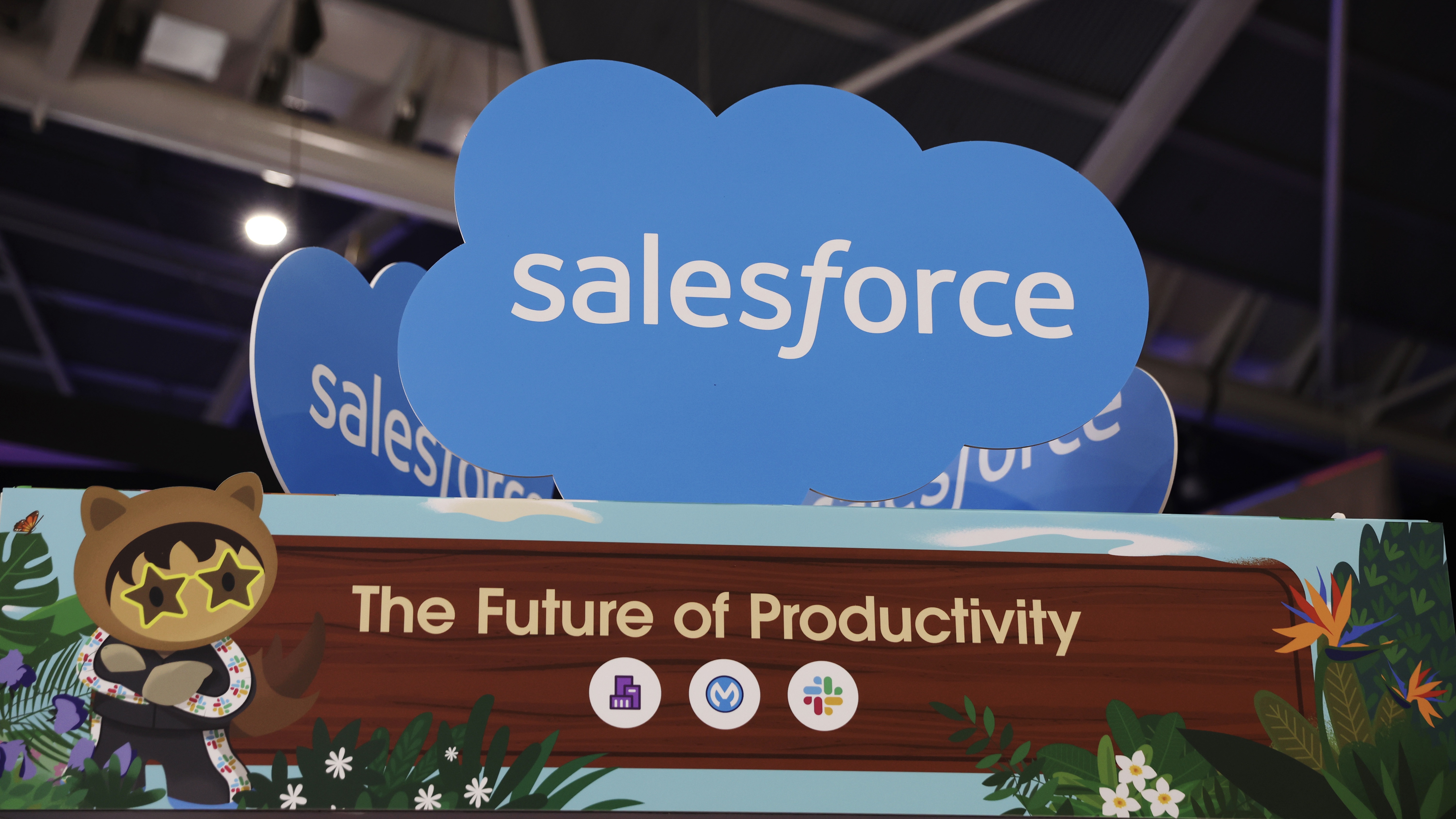
As you might imagine, AI – or perhaps more accurately Machine Learning (ML) – is a big focus of Salesforce, with its Einstein AI, and other CRM makers at the moment. AI can analyse customer data to predict behaviors, segment audiences, and recommend actions, such as which customers are most likely to make a purchase and then suggest offers specific to each customer. Human oversight is still needed to ensure AI doesn’t misunderstand or make mistakes, but the ability to analyse data en-masse is powerful for businesses of all sizes.
Analytics
Analytics is also a big part of any CRM suite, given the fact that it has already digested a huge amount of data to work. Most CRM software will be able to generate insights into customer behaviors, sales trends, and campaign effectiveness, as well as many other areas specific to your business. The resulting reports can then be matched with KPIs.
Efficiency
Paper-based customer records are incredibly inefficient and almost impossible to quickly search through or to derive quick insights from. CRM, on the other hand, makes looking after clients and selling to them much easier, helping businesses prioritize what they contact those customers about. To do so involves monitoring clients' historical transactions, the types of products they have enquired about, and even any adverts that they have clicked on. All of this information builds up a customer profile that businesses can use to personalize their communications.
Customers could end up feeling neglected if firms bombard them with irrelevant messages and products. Drawing on data taken from customer interactions, CRM platforms ensure that each customer's experience is tailored to them when they access company websites, contact customer services, or want to keep up to date via social media.
Centralization
That said, CRM isn't just a system that lets companies improve sales channels. CRM also offers a central hub where they can manage processes across the business. Many CRM services can handle human resources (HR), marketing, finance, and supply chain management. SAP, for example, offers software that brings together business departments.
Without CRM, employees typically end up spending more time trying to generate business leads, close deals, and maintain client relationships. By investing in this tech, companies can speed up these processes and focus their attention on less mundane tasks. They can identify and target new customers, too. Many CRM platforms work with third-party services such as MailChimp and Google Apps, further boosting productivity.
Pros and cons of CRM software
As with all technology, leaders need to assess what is right for their business and what investments will help them achieve their objectives.
Pros
In one fell swoop, getting a CRM suite is very likely to improve your customer relationships while reducing the amount of work your outward-facing staff have to complete. Timely emails, automatic promotions based on user activity, and the ability to track a client relationship over months and years from one dashboard is a potential game changer.
Automation features – which most top CRM suites have – streamline routine tasks, such as data entry, follow-ups, and reporting, to help your team focus on high-value activities like strategy and relationship building.
CRM systems can also help grow your business, and can be customized to fit individual needs, making it a scalable solution as your customer base expands.
Cons
CRM software can be expensive, especially for smaller businesses that are just getting started, or even mid-size businesses. There are costs associated with buying, implementing, and maintaining the system, and there may also be fees for subscriptions, customization, and training.
Implementing a CRM system will require a handful of employees and could easily take a long time, especially if the source data – i.e. the data on customers, clients, and so on – isn’t in an easily readable format. Your staff could also face a steep learning curve unless you hire someone with previous CRM experience, which is likely to be expensive.
RELATED WHITEPAPER
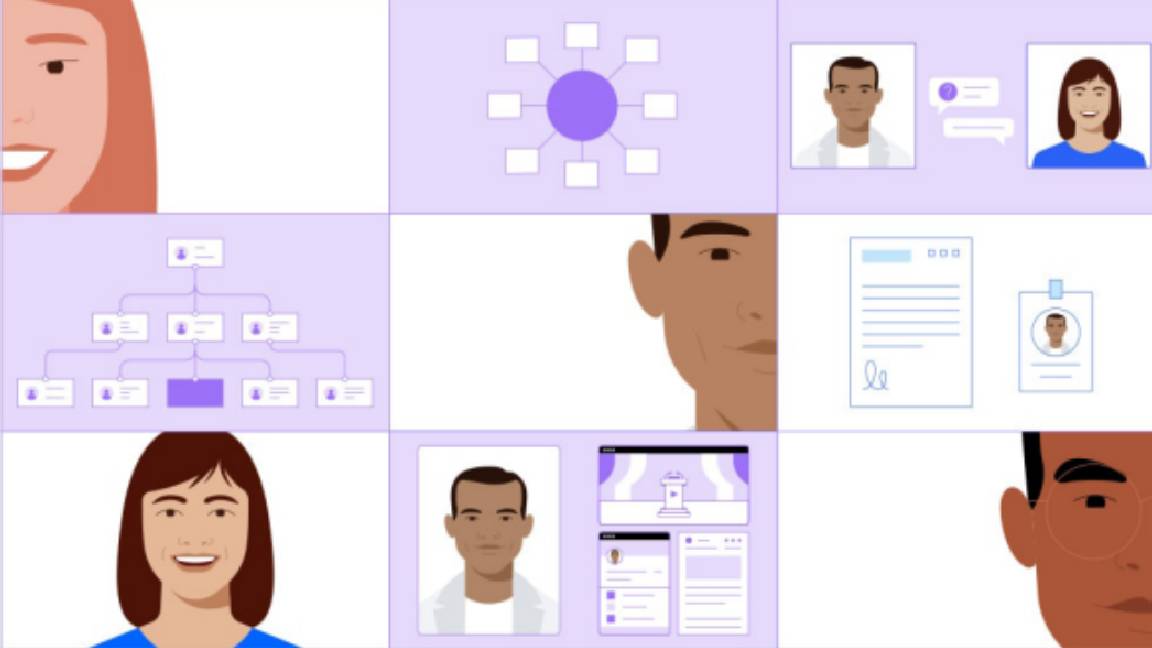
Data centralization also carries its own risks: putting everything about your clients and customers in one place makes the job of a malicious actor much easier if they were to breach your system. An over-reliance on these systems may cause issues down the line, too, and especially if your CRM software goes down for any length of time.
Overall, CRM is fairly easy to adopt, and many of the top vendors offer incentives for companies looking to make the switch. We’ve written extensively about how CRM can help businesses, from reducing the workload of employees to keeping track of thousands (or tens of thousands) of customers - without your hair going grey.
-
 I couldn’t escape the iPhone 17 Pro this year – and it’s about time we redefined business phones
I couldn’t escape the iPhone 17 Pro this year – and it’s about time we redefined business phonesOpinion ITPro is back on smartphone reviews, as they grow more and more intertwined with our work-life balance
-
 When everything connects, everything’s at risk
When everything connects, everything’s at riskIndustry Insights Growing IoT complexity demands dynamic, automated security for visibility, compliance, and resilience
-
 Splunk alleges rival Cribl stole its source code for profit, files lawsuit
Splunk alleges rival Cribl stole its source code for profit, files lawsuitNews The data platform's complaint alleges a years-long campaign of misappropriated technical information led by a former employee
-
 Hewlett Packard Enterprise names Matt Harris as new UK managing director
Hewlett Packard Enterprise names Matt Harris as new UK managing directorNews The longtime contributor takes the place of Marc Waters, who will stay with HPE as a senior vice president
-
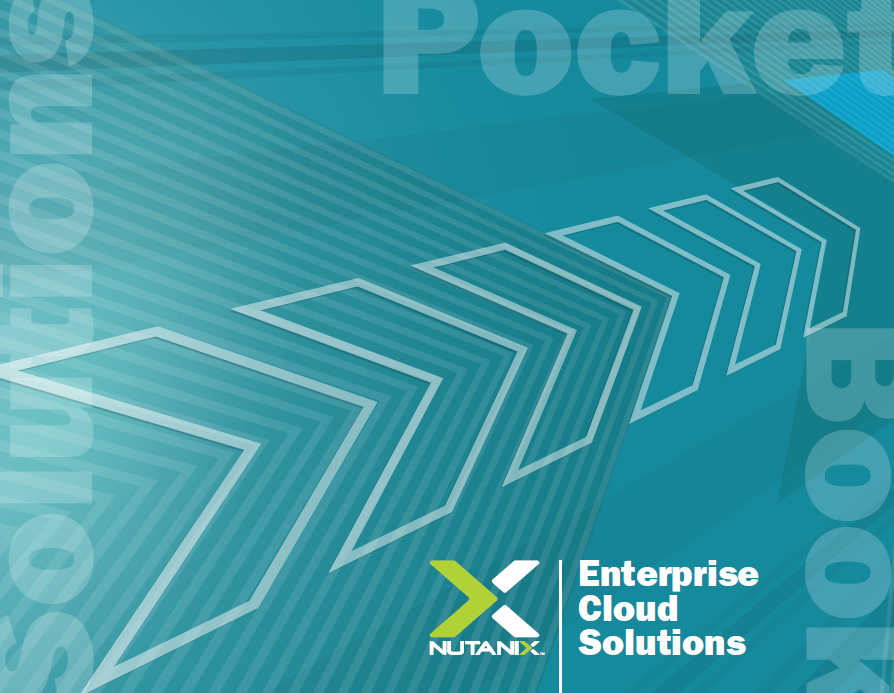 Your enterprise cloud solutions guide
Your enterprise cloud solutions guideWhitepapers Infrastructure designed to meet your company's IT needs for next-generation cloud applications
-
 Our 5-minute guide to hybrid cloud storage
Our 5-minute guide to hybrid cloud storageIn-depth What are the benefits and challenges of hybrid cloud storage?
-
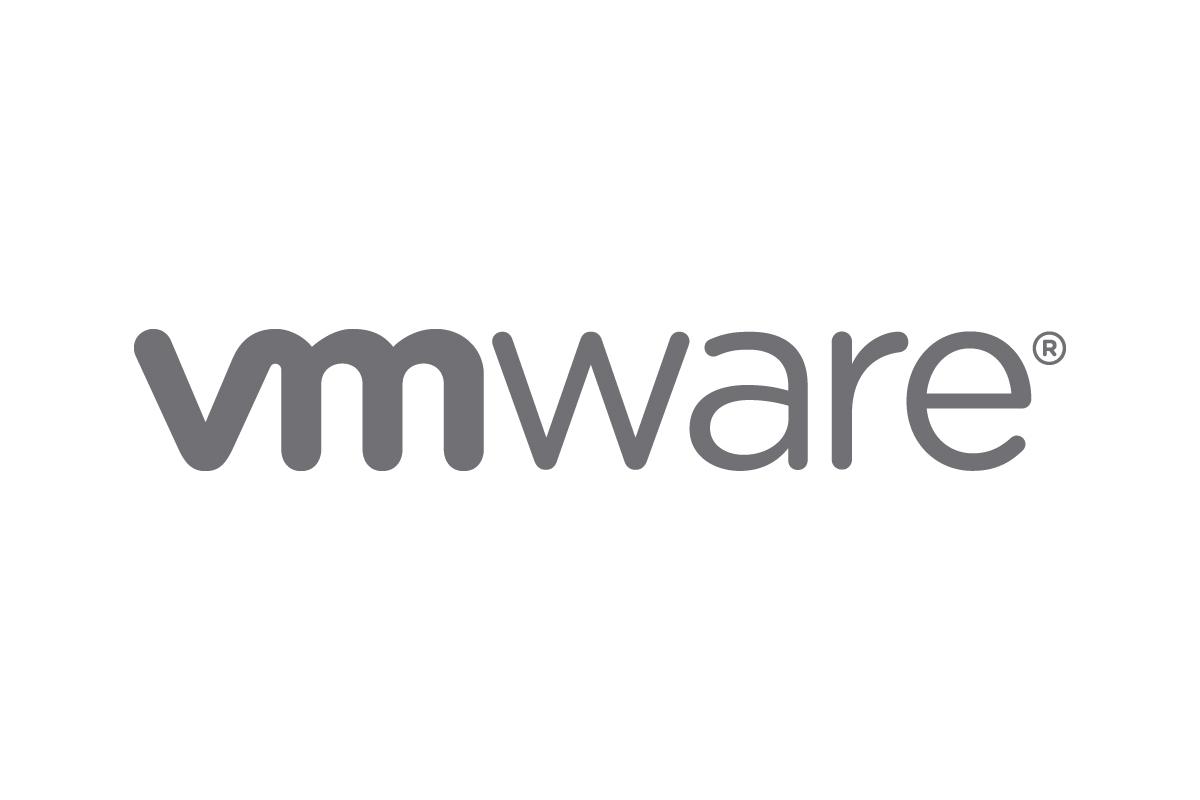 VMware adds management tool to cloud platform
VMware adds management tool to cloud platformNews VMware SDDC Manager offers automated deployment of VMware vRealize Automation, Operations and Log Insight
-
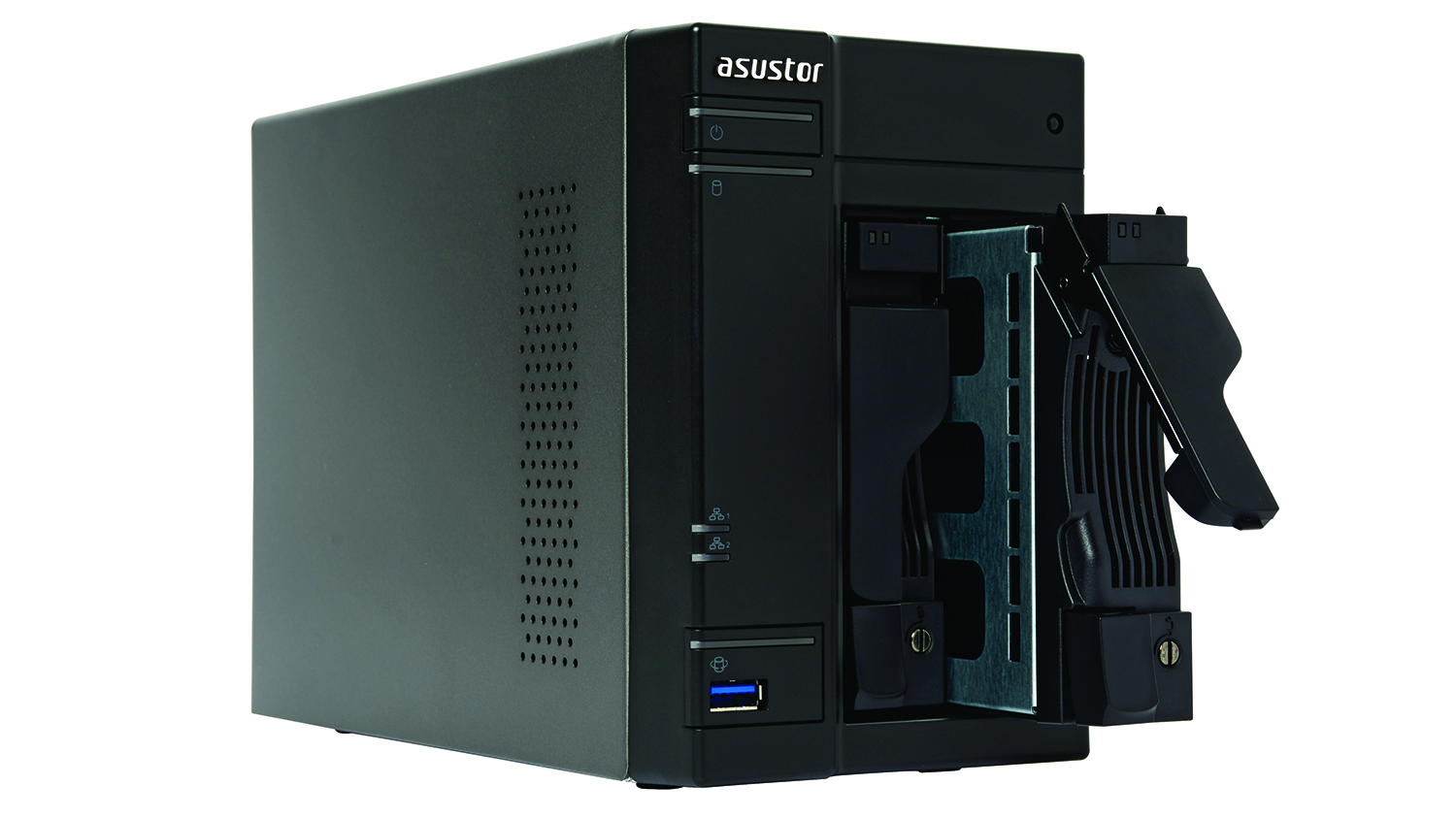 Let's get NAS-ty: how network storage is catching up to the cloud
Let's get NAS-ty: how network storage is catching up to the cloudOpinion You might think cloud storage is the future, but your hard disk isn't going down without a fight
-
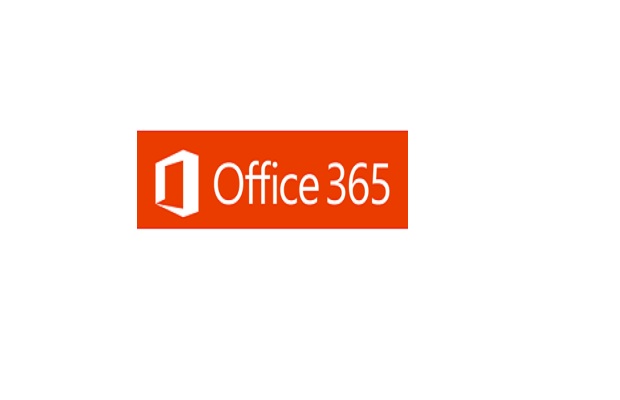 Microsoft releases Office 365 bundles for enterprise, SMB and mid-market
Microsoft releases Office 365 bundles for enterprise, SMB and mid-marketNews Software giant takes the wraps off new Office 365 for Business products